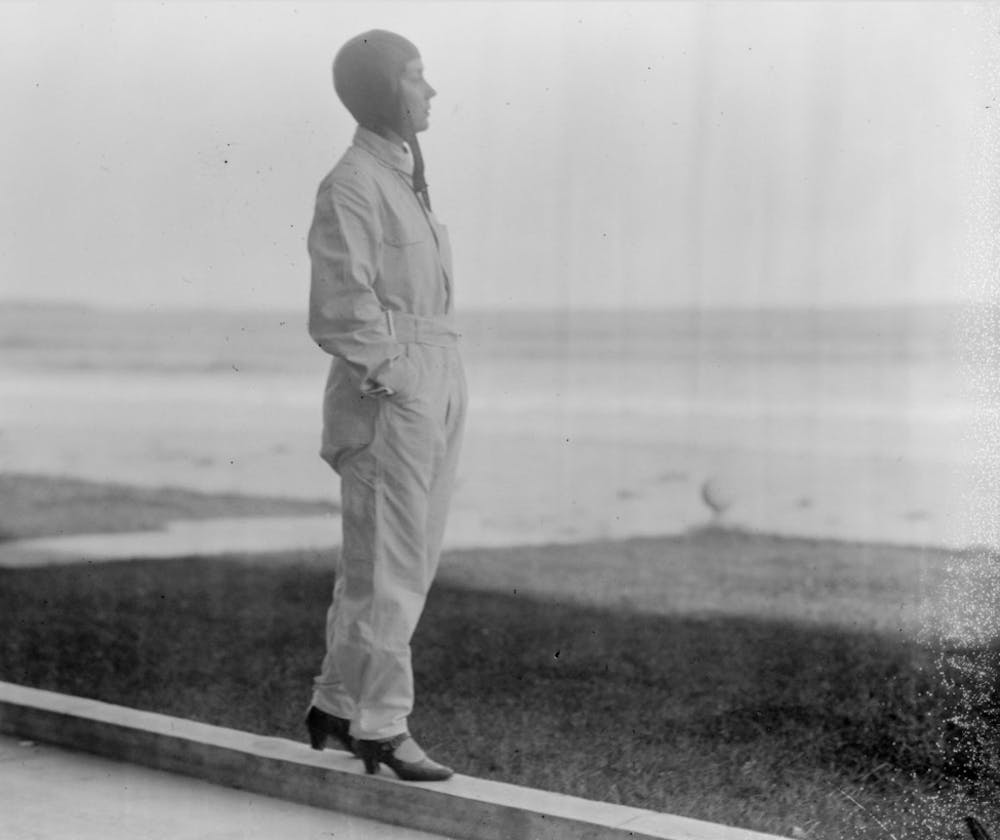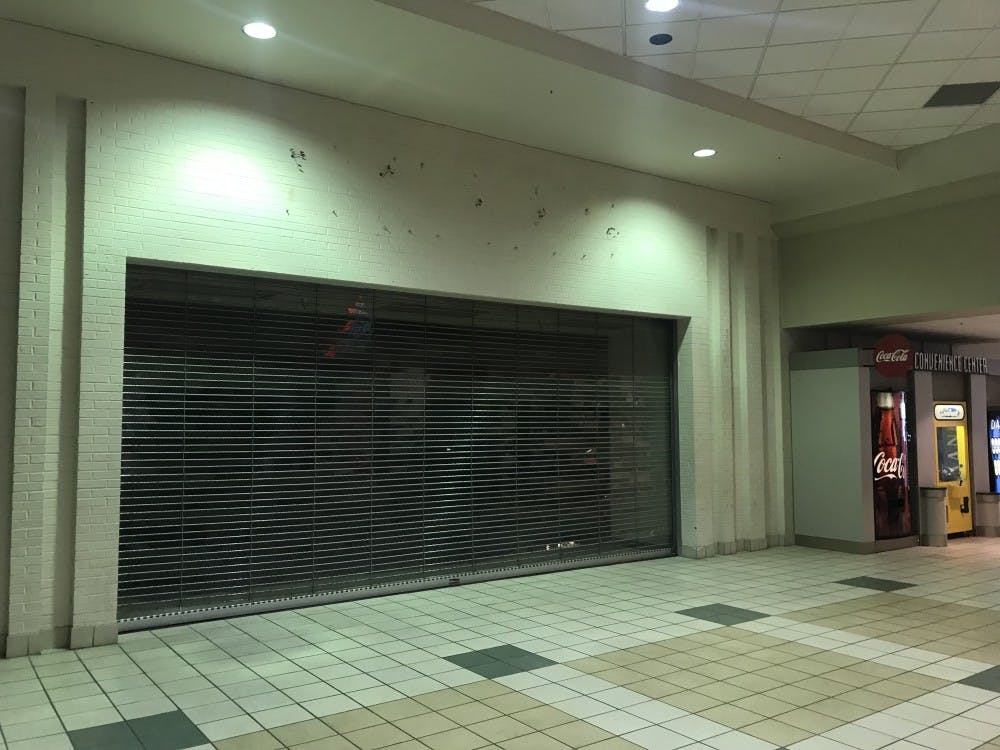August 18, 1920 was a day women of the early 20th century never forgot, and a day all women born after continue to celebrate — the day women received the right to vote nationally. The working-class citizens city of Muncie worked since the 1880s for that day.
Melissa Gentry, map collections supervisor at Ball State University Libraries, created a website for the centennial of the 19th amendment telling the stories of Indiana suffragists through interactive maps.
In 1917, Senate Bill 77, a partial suffrage law giving women the right to vote in municipal, school and special elections, passed in Indiana. Gentry said Muncie had nine original franchise leagues, two being African American.
“I don’t even think Indianapolis had two African American leagues, so it’s pretty impressive,” Gentry said.
Gentry also said the diversity of women involved in the movement was impressive, as women of different societal classes and races came together.
“It wasn’t just the society women like the Balls, it was a lot of working women too,” she said. “Especially the African American women that organized — they were so good at organizing and getting women to register.”
After the Indiana Supreme Court struck down the partial suffrage law in November 1917, the leagues started to focus on World War I, Gentry said. When the war ended, suffragists continued to fight for their right to vote.
While trying to expand their rights, Gentry said a lot of suffragists were against alcohol and were pro-prohibition.
“They thought there was a real issue with men not supporting their wives, and a lot of the time, [the men] would even cash their paychecks in a saloon,” Gentry said.
When she continues reflecting on the women behind Muncie and its history, Gentry also appreciates Julia D. Nelson, the first woman elected to the Indiana House of Representatives in 1920. Nelson was from Muncie, and Gentry said she is impressed by how democratic she and Muncie were in the early 20th century.
“[Julia Nelson] got elected in 1920 — that very first election — but she didn’t get re-elected,” Gentry said. “She tried to enact laws that would help women, but [there wasn’t] a whole lot of change initially.”
Courtney Jarrett, director of the Ball State Office of Disability Services, is also impressed and inspired by the role Muncie had in the suffrage movement. During the fall 2020 semester, she and Rachael Smith, assistant lecturer of women’s and gender studies, taught a history of women’s suffrage class available for one semester. Jarrett said the purpose of the course was to celebrate the 100th anniversary of the 19th amendment.
The class read six different books about women’s suffrage, one revolving around the movement in Indiana in particular. Jarrett said one of the students’ assignments was to add to or create Wikipedia pages about the suffrage movement.
“We talked about what the voting issues are today and how long it’s taken loads of people to get voting rights even though the [19th] amendment passed 100 years ago,” Jarrett said. “We researched amazing people — mostly women — who participate in equality for voting, especially here in Indiana.”
Jarrett said the most important thing for the community to know is the women of Muncie have always been important to the city, and they are still being advocates for things that can make the city better today.
“You can look at any time period in Muncie history and find really amazing women that were helping the cause and doing advocacy work and letting people know what the issues are and what can be done about it,” Jarrett said. “And the same is still today, and that’s really great.”
Contact Krystiana Brosher with comments at krystiana.brosher@bsu.edu or on Twitter @Krystiana_21.





